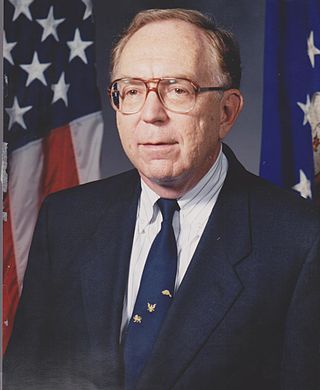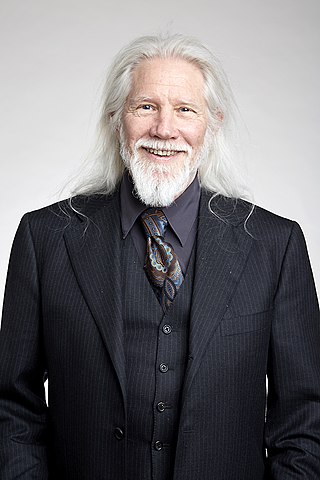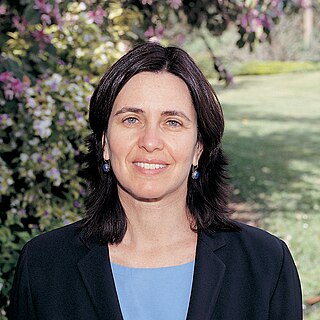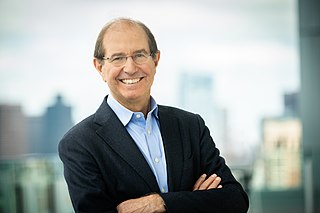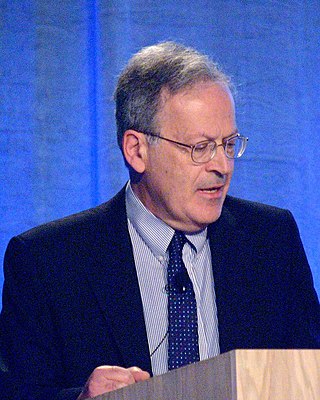This article needs additional citations for verification .(December 2019) |
This is a list of notable Jewish American computer scientists. For other Jewish Americans, see Lists of Jewish Americans.
- Scott Aaronson, quantum computing [1]
- Hal Abelson, artificial intelligence [2]
- Leonard Adleman, RSA cryptography, DNA computing, Turing Award (2002) [3]
- Adi Shamir, RSA cryptography, DNA computing, Turing Award (2002) [3]
- Paul Baran, Polish-born engineer; co-invented packet switching [4]
- Lenore and Manuel Blum (Turing Award (1995)), Venezuelan-American computer scientist; computational complexity, parents of Avrim Blum (Co-training) [5]
- Dan Bricklin, creator of the original spreadsheet [6]
- Sergey Brin, co-founder of Google [7]
- Danny Cohen, Israeli-American Internet pioneer; first to run a visual flight simulator across the ARPANet [8]
- Robert Fano, Italian-American information theorist [9]
- Ed Feigenbaum, artificial intelligence, Turing Award (1994) [10]
- William F. Friedman, cryptologist [11]
- Herbert Gelernter, father of Unabomber victim David Gelernter;artificial intelligence [12]
- Richard D. Gitlin, co-inventor of the digital subscriber line (DSL) [13]
- Adele Goldberg, Smalltalk design team [14]
- Shafi Goldwasser, Israeli-American cryptographer; Turing Award (2013) [15] [16]
- Philip Greenspun, web applications [17]
- Frank Heart, co-designed the first routing computer for the ARPANET, the forerunner of the internet [18]
- Martin Hellman, public key cryptography, co-inventor of the Diffie–Hellman key exchange protocol, Turing Award (2015) [19] [20]
- Douglas Hofstadter, author of Gödel, Escher, Bach and other publications (half Jewish) [21]
- Bob Kahn, co-invented TCP and IP, Presidential Medal of Freedom, Turing Award (2004) [22] [23]
- Richard M. Karp, computational complexity, Turing Award (1985) [24] [25]
- John Kemeny, Hungarian-born co-developer of BASIC [26]
- Leonard Kleinrock, packet switching [27]
- John Klensin, i18n, SMTP, MIME [28]
- Solomon Kullback, cryptographer [29]
- Ray Kurzweil, OCR, speech recognition [30]
- Jaron Lanier, virtual reality pioneer [31]
- Leonid Levin, Soviet Ukraine-born computer scientist; computational complexity, Knuth Prize (2012) [32]
- Barbara Liskov (born Huberman), first woman to be granted a doctorate in computer science in the United States; Turing Award (2008) [14] [33]
- Udi Manber, Israeli-American computer scientist; agrep, GLIMPSE, suffix array, search engines [34]
- John McCarthy, artificial intelligence, LISP programming language, Turing Award (1971) [35] [36]
- Jack Minker, database logic [37]
- Marvin Minsky, artificial intelligence, neural nets, Turing Award (1969); co-founder of MIT's AI laboratory [38]
- John von Neumann (born Neumann János Lajos), Hungarian-American computer scientist, mathematician and economist [39]
- Seymour Papert, South African-born co-inventor — with Wally Feurzeig and Cynthia Solomon — of the Logo programming language [40]
- Judea Pearl, Israeli-American AI scientist; developer of Bayesian networks; father of Daniel Pearl, who was kidnapped and later beheaded by rebels in Pakistan [41]
- Alan J. Perlis, compilers, Turing Award (1966) [42]
- Frank Rosenblatt, invented an artificial intelligence program called "Perceptrons" (1960) [43]
- Radia Perlman, inventor of the Spanning Tree Protocol [44]
- Azriel Rosenfeld, image analysis [45]
- Michael Rothman, UEFI [46]
- Ben Shneiderman, human-computer interaction, information visualization [47]
- Abraham Silberschatz, databases, operating systems [48]
- Herbert A. Simon, cognitive and computer scientist; Turing Award (1975) [49]
- Abraham Sinkov, cryptanalyst; NSA Hall of Honor (1999) [29]
- Gustave Solomon, mathematician and electrical engineer; one of the founders of the algebraic theory of error detection and correction [50] [51]
- Ray Solomonoff, algorithmic information theory [52]
- Richard Stallman, designed the GNU operating system, founder of the Free Software Foundation (FSF) [53] [54]
- Andrew S. Tanenbaum, American-Dutch computer scientist; creator of MINIX [55]
- Warren Teitelman, autocorrect, Undo/Redo, Interlisp [56]
- Larry Tesler, developed the idea of cut, copy, and paste [57]
- Jeffrey Ullman, compilers, theory of computation, data-structures, databases, awarded Knuth Prize (2000) [58]
- Peter J. Weinberger, contributed to the design of the AWK programming language (he is the "W" in AWK), and the FORTRAN compiler FORTRAN 77 [59]
- Joseph Weizenbaum, German-born computer scientist; developer of ELIZA; the Weizenbaum Award is named after him [60]
- Norbert Wiener, cybernetics [61]
- Terry Winograd, SHRDLU [62] [63]
- Jacob Wolfowitz, Polish-born information theorist [64]
- Stephen Wolfram, British-American computer scientist; designer of the Wolfram Language [65]
- Lotfi Zadeh, Azerbaijan SSR-born computer scientist; inventor of Fuzzy logic (Jewish mother, Azerbaijani father) [66]











